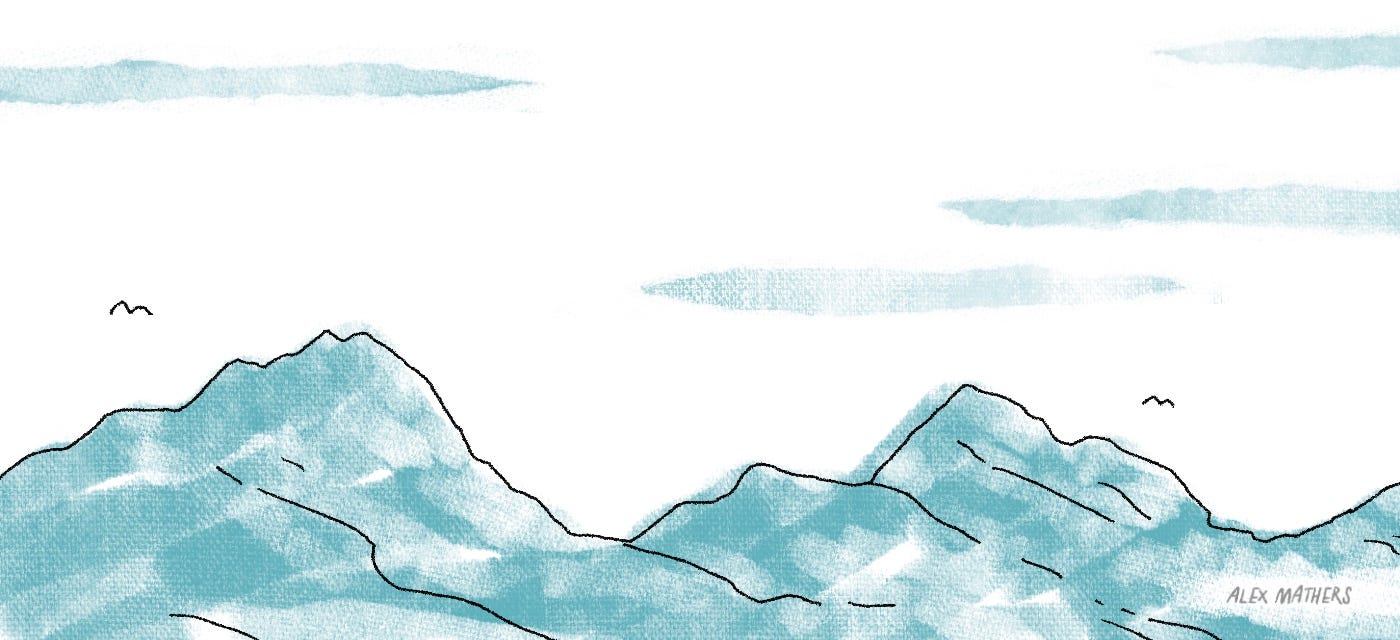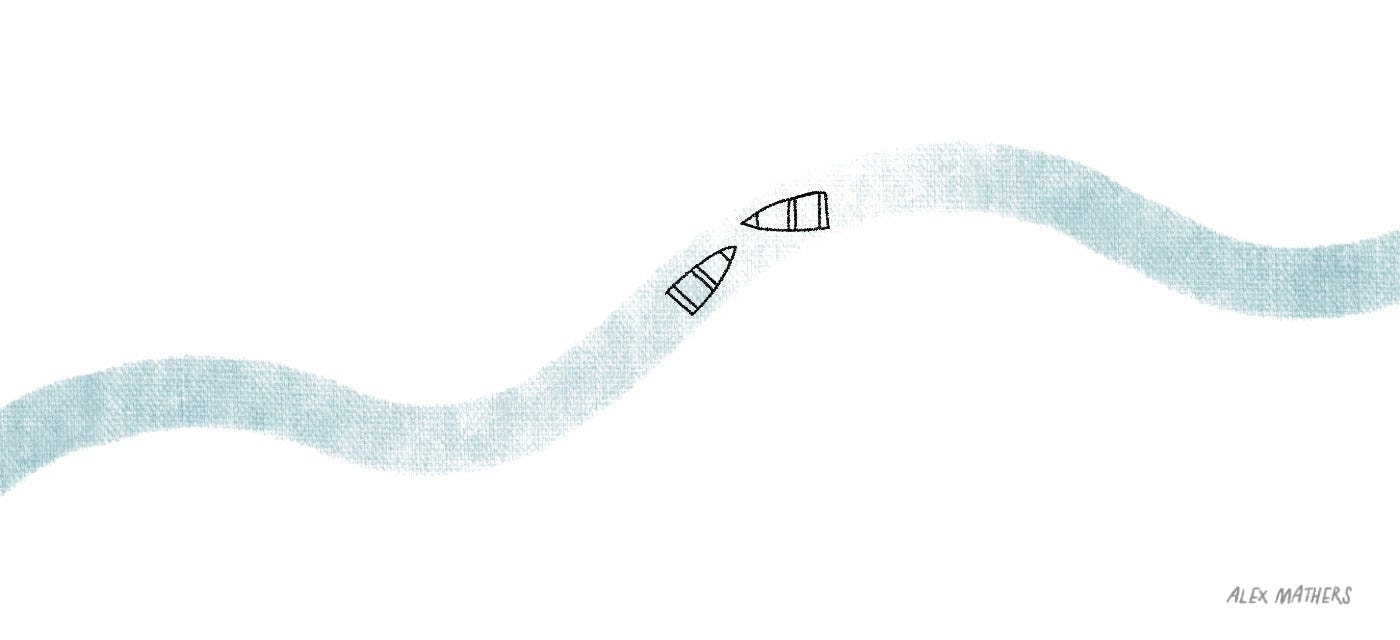6 simple Zen philosophy ideas that will make you more resilient than most
I lived in Japan for a year in 2012.
One of the main pulls of this country was its ancient philosophies and the beautiful aesthetic attached to it.
Zen is a stripped-down, practical approach to Buddhism that emphasises direct experience over theoretical knowledge.
Zen simply says: sit down, pay attention to this moment, and see truth for yourself.
Let’s see what we can learn from this, regardless of our background or faith:
1. Zhuangzi’s ‘Empty Boat Parable.’
“If a man is crossing a river and an empty boat collides with his own boat, he won’t get angry, even if he has a bad temper. But if there is someone in the boat, he will shout at them to steer clear. The anger comes from thinking that someone is in the boat.”
This ancient parable teaches us that most of our emotional turbulence comes from attributing intention to events (and we take it personally).
When we see that many of life’s collisions are like empty boats — without malice or intent — we can maintain our peace more easily.
2. Shunryu Suzuki’s ‘Beginner’s Mind.’
“In the beginner’s mind there are many possibilities, but in the expert’s mind there are few.”
This teaches us that we become resilient when we remain open to possibilities rather than staying rigid in our ‘expertise.’
The beginner’s mind stays curious and adaptable, seeing setbacks not as failures but as new information.
This mental flexibility is crucial for bouncing back from challenges but also for growing more rapidly.
3. Zen Buddhism’s ‘The Principle of Non-Attachment.’
“Pain is inevitable. Suffering is optional.”
This profound teaching distinguishes between unavoidable pain and our optional suffering about that pain.
When we practice non-attachment, we learn to experience difficulty without adding layers of mental anguish.
We can see something as a source of pain, but we have a choice in whether we suffer from that pain.
4. The Rice Farmer’s Way.
“Plant the seed, tend the soil, trust the process.”
This traditional Zen farming wisdom goes beyond simple patience.
It teaches that resilience is built through daily attention to fundamental practices, not through dramatic interventions.
The farmer doesn’t pull on plants to make them grow faster, but he creates the conditions for natural development.
In the same way, we build resilience not through force but through consistent, mindful attention to our fundamental daily practices.
5. Thich Nhat Hanh’s ‘Smile, breathe, and go slowly.’
The Vietnamese Zen master teaches that resilience isn’t built through complex philosophies but through simple, moment-to-moment practices.
The smile releases tension, conscious breathing centres us in the present, and moving slowly helps us maintain awareness.
Together, these practices create a foundation for lasting resilience that you can practice anywhere, any time.
6. Dogen’s ‘Time Teaching.’
“If you cannot find the truth right where you are, where else do you expect to find it?”
Zen master Dogen’s wisdom cuts through our tendency to postpone happiness (resilience) until conditions are perfect.
But everything we need to understand reality is right here in front of us. This means we can access the true source of resilience right away:
Understanding through awareness.
True resilience develops in the messy present, not in some imagined perfect future.
Each moment, however difficult, is the perfect teacher.
I love the simplicity of Zen and how it emphasises learning from experience rather than some vague ‘philosophy.’
The Zen philosophy is that awareness is the philosophy.
When we can see that life is teaching us at every step, we’re closer to realising true resilience.
If you’d like a more concrete, step-by-step system for developing rock-solid resilience based on these philosophies, you’ll love my Untethered Mind course (helping 100s of students).
Best,
Alex
—
If you’d like to support me and gain access to hundreds of locked articles like this one, you’ll want to become a paying subscriber here on Substack for less than the price of a couple of large coffees each month:





Another great piece. Your piece beautifully simplifies complex Zen teachings. The Rice Farmer’s wisdom, “Plant the seed, tend the soil, trust the process,” offers a practical takeaway, grounding resilience in consistent, mindful habits.
I can relate to what you share here, Alex. I have been exploring Zen philosophy a significant part of my life. I love writing about these concepts from time to time. Last year, I explored the idea of having a beginner's mind. Also, about incorporating the philosophy of Kintsugi into our lives.
I'm also a big fan of Japanese aesthetics. Have you heard of Japandi design? I find it to be an inspiring blend of Nordic and Japanese styles. I think you might enjoy it too! ;)